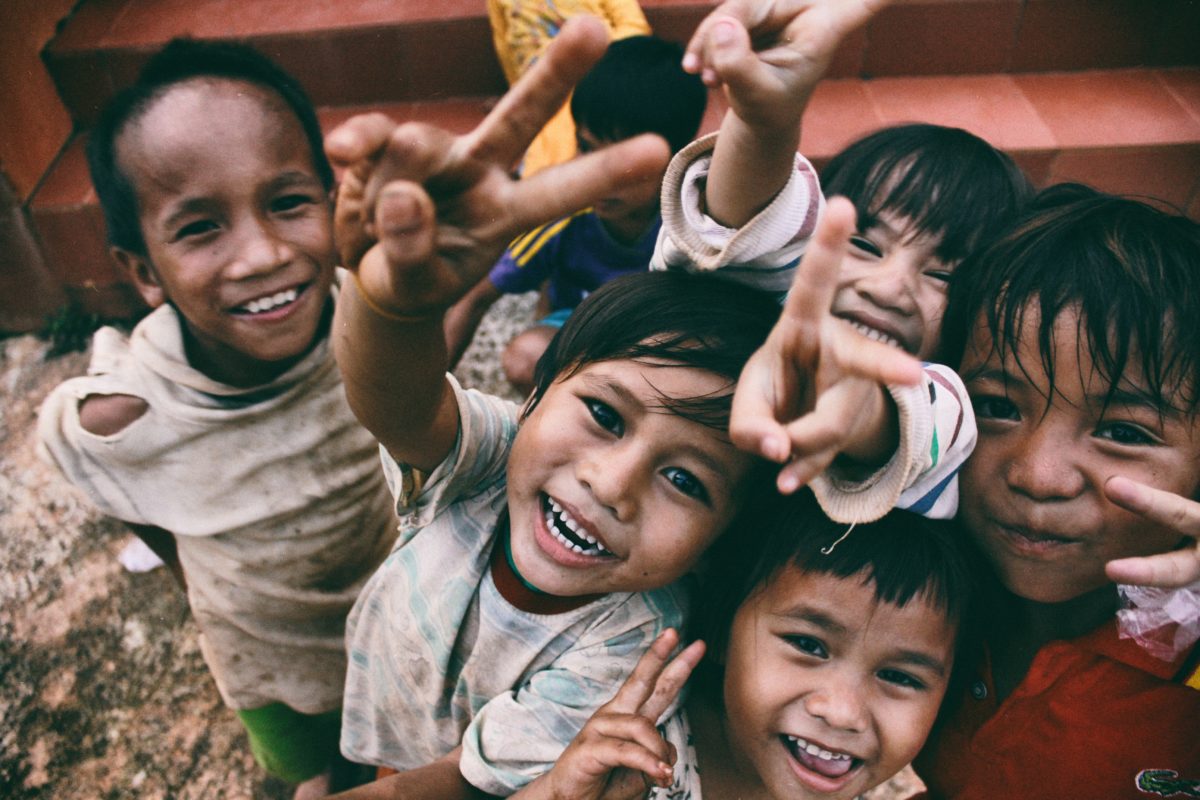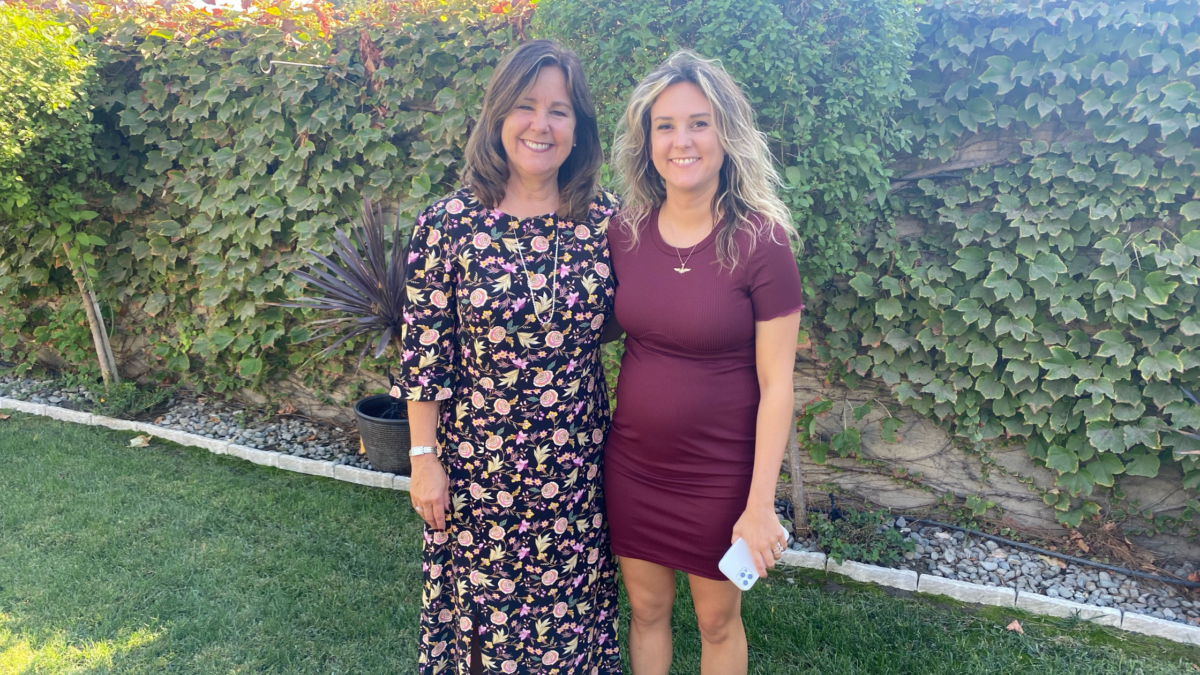Many pro-choice activists claim that it is a form of “compassion” to end a child’s life in an abortion instead of allowing that child to be born into poverty. What is not often brought up in these assertions is the views of mothers who are experiencing poverty. The bottom line is there is nothing “pro-choice” about coercing vulnerable mothers into abortion. Instead of assuming we know what women need, it is time our society listened to them.
More than four decades of legal elective abortion in our country has led to a society that is not more equal but less. Even the pro-abortion Guttmacher Institute acknowledges that three-quarters of women seeking elective abortion are considered low income, with almost half living at less than the federal poverty level. Disturbingly, it is increasingly common to hear people suggest that these statistics should not upset us. The implication is that children who would be born into poverty are better off killed in abortion.
The experience of women pressured into abortion due to poverty tells a very different story than this callous and inhumane calculus for the worth of human life. The reality on the ground is that most people still view children as a gift, not a burden. Researchers who spent years living in some of the poorest communities in our nation report that poor women saw abortion as “abandoning hope.”
Far from being the tragedy that many pro-abortion pundits claim, the lives of children born into poverty can be the motivation for their families to better their circumstances. One mother told researchers, “I wasn’t going to [return to school] for me, it was for the sake of my child…” Researchers found this often among the women they interviewed, with many saying “my child saved me,” or “it’s only because of my children that I’m where I am today.” The researchers found that “[women in these communities] believed their children were what finally set them on the right track.”
And yet, much of our culture continues to send the message that every child should be a “wanted child” and that children born from crisis pregnancies are better off dead. If we view human life not as intrinsically valuable but dependent on material circumstances, we dehumanize not only the preborn but people currently experiencing poverty.

Far from being seen as extreme, the idea that abortion is better than being poor is the stated view point of some international aid organizations. For example, Canada’s Development Minister stated that abortion is “a tool to end poverty.” As pro-life activists like Obianuju Ekeocha have demonstrated, the world’s wealthiest nations have pinned foreign aid to a population control agenda that often runs counter to cultural values in developing nations. And abortion is a key component of this agenda. The mass exportation of contraceptives through foreign aid programs, according to wealthy nations like Canada, still “necessitates” abortion because contraceptives can and do fail.
Speaking at the United Nations earlier this year, another pro-life activist highlighted the absurdity of abortion-centric aid programs aimed at developing nations. Ann Mutave Kioko, campaigns manager Africa for CitizenGO, grew up in a village in Kenya. She explains that the needs of African girls are for clean drinking water, hospitals with adequate medical supplies, and schools that do not flood when it rains. Instead of addressing these immediate and urgent needs, the international community is investing aid funds in abortion.

Not only does our cheapened view of human life affect our culture but for decades we have been exporting our deadly thinking to developing communities around the world. Just as the problem began in our culture, so the solution starts at home, too. How can we help vulnerable women in our own society who are threatened by the toxic message that their baby is better dead than alive?
The answer is to meet mothers where they are and present them with truly compassionate options that affirm both her and her child. Pregnancy resource centers offer support to families in communities across the country, providing education and resources throughout pregnancy and through the first several years of a child’s life.
Pregnancy resource centers are not limited to a single location as increasingly they travel to underserved areas to present women with options that are too often overlooked. Currently, Save the Storks has 46 buses offering ultrasounds and resources on the road or in production, and they continue to grow.
To date, 4 out of 5 women who step onto a Stork Bus choose life for their babies. While our culture continues to push the lie that circumstances determine a child’s worth and poverty necessitate abortion, the truth is that every human life is of infinite value. Through the work of groups like Save the Storks and the pregnancy resource centers they partner with, women like Reina learn that abortion is not the only option and there are people in their community who will support them in choosing life.













